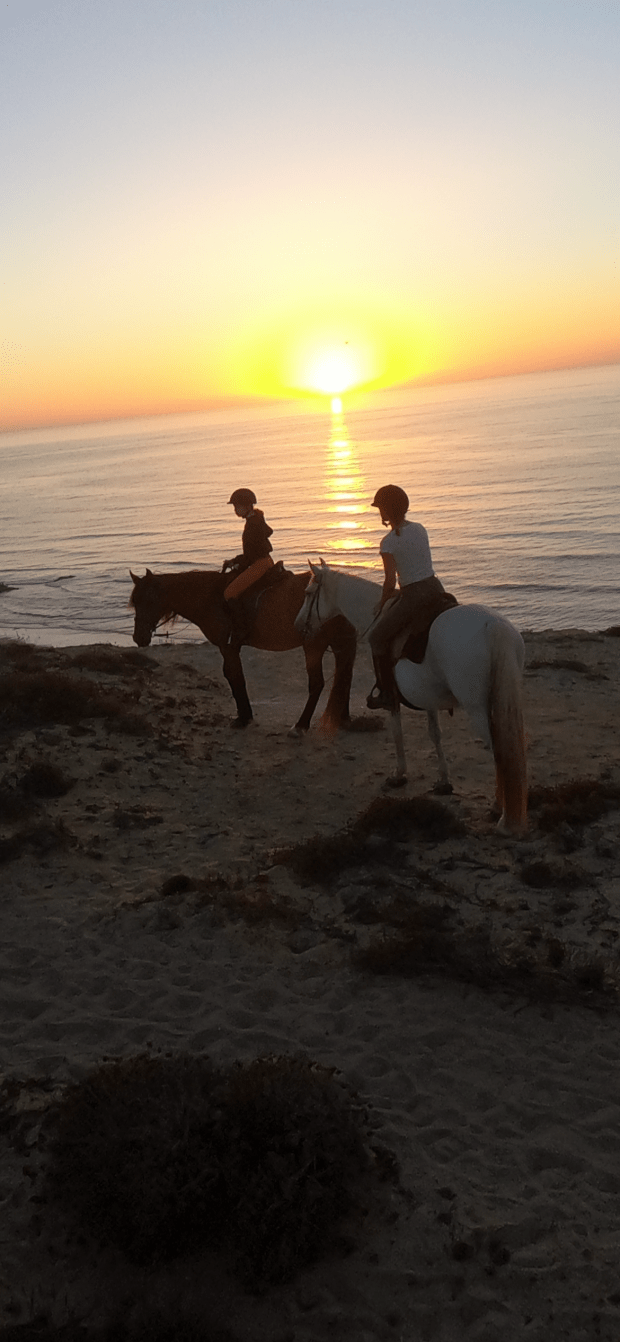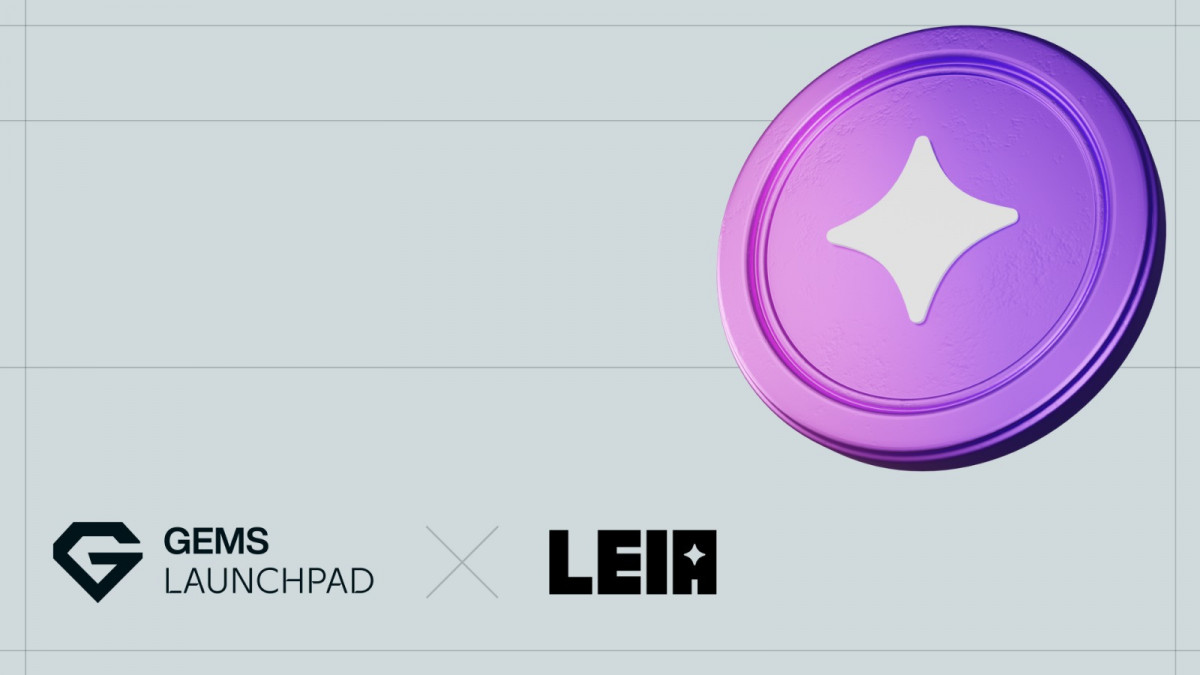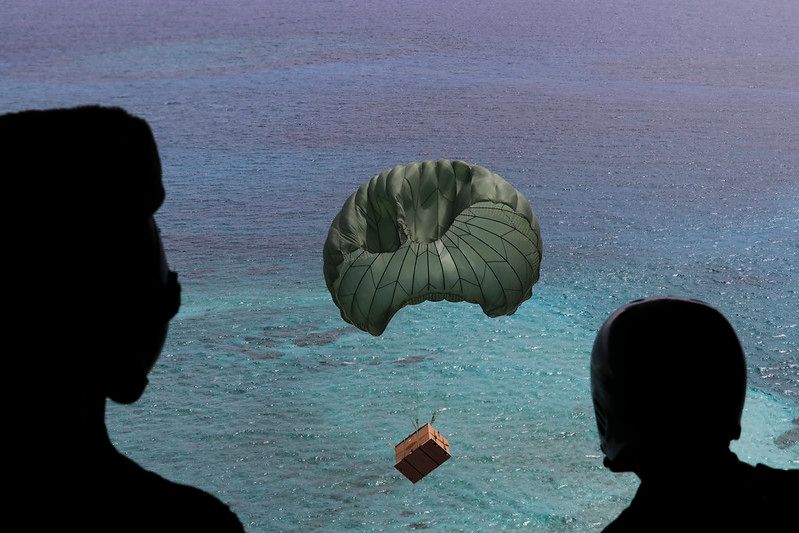In the first of several tales of orange pilling, a business owner in Portugal is shown the power of adopting sound money.
In the first of several tales of orange pilling, a business owner in Portugal is shown the power of adopting sound money.
This is an opinion editorial by Holly Young, Ph.D., an active builder in the Portuguese Bitcoin community.
The Orange Pill Diaries, Part One
Like many women in Bitcoin, I was first introduced to it by my partner. He had been a banker, and spoke eloquently and knowledgeably about money. When he first told me about it in 2016 the thing that shocked me the most was how ignorant about money I was back then. He asked me if I knew what the gold standard was — to my embarrassment, I had only the vaguest of ideas.
We both went on quite the learning journey together, he leading the way. We both did an online course, the first of its kind, about digital currencies and he went on to do a Masters from the same university, Nicosia in Cyprus.
My first Bitcoin conference was an experience. Of the hundred and fifty odd participants, I was one of only three women and I joked with the other two about how this was the only event we had ever attended where there was no queue at the women’s bathroom. But there was no denying it — the atmosphere at that conference was electric. We were fizzing with an irrepressible excitement. We were onto something big — and we knew it.
My learning when it comes to Bitcoin has never stopped and I look back at those early days with a fond nostalgia. The more I learned, the further reaching the changes I made. Soon enough I had changed my diet, my lifestyle, my approach to religion, family, life.
I guess once you have seen how important a discovery Bitcoin is, it could be argued that there is something of a moral imperative to tell the people who you care about. I’ve been doing my best to make Bitcoin the subject of conversation amongst my family and my friends. Of course (and sadly) the success of this attempt is highly correlated to the price of Bitcoin at the time. But even taking the highs and the low in dollars into account it still surprises me how slow Bitcoin is, how hesitant most people are.
The series of stories which I have written as the “Orange Pill Diaries” are all true, and they’re about my varied attempts to introduce people I know and care about to Bitcoin. I’m hoping that in the telling of my successes and failures there might be some common themes that Bitcoiners might be able to recognise, build upon or use.
These stories are all about people I know, friends or family. This first installment is about my friend Isobel, who owns a small trail riding business on the west coast of Portugal.

“I’ve got something I’d like to show you,” is what she said. I hesitated. I was sweat streaked and dusty. There was mud in my hair and blood under my nails from where I had clung on coming down a steep bank. I smelled strongly of horse. What I wanted was a long, cool shower with plenty of soap and shampoo in the heat of the Portuguese evening.
But when Isobel tells me she has something to show me, it’s pretty much always something special. Once it was a German cavalry saddle from the second World War which someone had unearthed from someone’s grandfather’s attic and given to her as a gift. She had restored it with oil and the love true horsemen and women bestow on good equipment. Another time it was a pair of three year old Lusitano colts standing in the dusk, down through a wood and across a little stream. They were trusting, curious, blinking in the light from my phone. They rifled gently through our pockets for treats, explored our hair and boots with their muzzles and submitted to being petted like puppies.
So I followed her into the cool of her hallway, expecting her to lead me further into her house. Instead she fumbled under a pile of horse blankets and pulled out a cracked Ikea picture frame. Inside it, a five euro note. “I found this,” she said. “I was out on a ride through the dunes and I saw it in the heather! So I jumped off and grabbed it.” I looked at her in some confusion. “Well, it’s not mine,” I replied.
“No … well, I mean, I know.” To my great surprise I saw that she had tears in her eyes. I know Isobel as a cheerful, sensible businesswomen, one of the best horsewomen I know (and I know very many, on this continent and beyond). Nothing phases her.
Seeing her on the verge of tears was unthinkable and I was momentarily lost for words. “I just wanted to thank you again for coming.” she says.
“With COVID-19, times have been hard. It’s not like horses stop eating, or don’t need vets, or don’t need the blacksmith once in a while, just because travel restrictions are in place and no tourists are here. Feed has gone up in price, shoeing too and no clients have been coming. When I found this five euro note I kept it for if I really get to a time again when I have nothing on my bank balance. At least I’ll be able to buy bread for my kids for the next day. So thank you for coming. I’m so glad you’ve never stopped traveling, even in all the restrictions and that you have come to ride with me again.”
I didn’t know what to say. Riding with her is a real highlight of every visit to the area but it had stupidly never occurred to me just how tight for money she must have been with so few clients, or how valuable my custom was.
Brightening, she told me how, to save on blacksmith’s bills, she has taught herself how to trim her horses feet and is changing her routes so they only need to take the soft sand paths through the dunes. “It’s sixty five euros per horse per eight weeks now,” she added. “I have seven horses. That adds up very fast. This way, I keep their feet trimmed myself and none of them need shoes.” She was cheerful again. I reached out to stroke the pretty white mare who had just taken me through the sand dunes, a light hearted adventure of walking and chatting combined with wild gallops down the narrow, twisting paths, emerging suddenly at breakneck speed onto cliff tops, with the turquoise Atlantic below. We’d talked about horses and our respective children and we’d come back a little giddy from the galloping and the ozone rich air.
I’d visited some months before, and I remembered when this horse was new. Almost all of Isobel’s horses are rescue horses. When she came this mare was afraid of her own shadow. If you raised a hand in her direction she flinched fearfully away, expecting a blow. Now, munching calmly on her feed, she turned contentedly towards me and rested her head briefly against my shoulder. I reached in my pocket for the cash I had put there, to pay for the ride I had just taken. I’d slipped in a little extra but still, it didn’t feel quite right, paying Isobel in euros. Someone whose work and skill I respected so much should be paid in — well, better money. I gave it to her and she took it with a smile and more thanks.
I weighed my options carefully, trying to gauge her reaction. I knew if I offered her any financial help she wouldn’t accept it, would be offended, even, and that it may sour a friendship which even in its very early days I recognized as a valuable one. I thought quickly through the pros and cons and then took the plunge. “Do you remember how I told you about Bitcoin, Isobel?” I asked her. She nodded. “Well, would you maybe have time later in the week so I can explain it more? I think it might be a good way for you to be able to plan for the future.”
My kids love a good swimming pool. I had made sure that the villa I had rented for our trip had one and a couple of days later I was lying beside it watching them plunge in, get out and plunge in again. Half my attention was on my book, which I wish I could tell you was something weighty on Bitcoin but was in fact an engaging novel about a penguin and mafia intrigues. I heard a bicycle on the gravel of the driveway and looked up to see Isobel peeking inquiringly around the hedge. “Have you got time now?” she asked. “I brought my laptop.”
We had spoken a bit about Bitcoin before. She knew I had an interest in it and was happy to talk about it. She also knew that I didn’t want to give her financial advice on her personal situation but that I had made it very clear that if she had questions I’d be more than happy to help. The real key to a successful orange pill, a good friend once told me, is awakening curiosity. And let’s face it, most people come for the financial gains. Some people even stay for the gains, even when they have seen the revolution. Knowing Isobel’s financial situation, I started with the gains. I showed her a chart of Bitcoin’s price development over the years and I explained how, even though there are often dips, the dips have never gone to zero. I repeated the well known mantra: “No one who has invested in Bitcoin for four years and not sold has ever lost money.” Sketching it out roughly, I showed her why not.
“But what is Bitcoin?” was her eminently sensible question. I explained, as concisely as I could, how Bitcoin is a digital currency, whose ledger is maintained on the blockchain. I watched as the penny dropped when she started to realize the implications of property which is absolute. I compared it to the field where her two beautiful Lusitano stallions were no doubt at that moment happily chewing through the dry summer grass, a field whose deed had at some point in the mists of time been registered by an inhabitant of the village, now long dead. Ownership of the field and grazing rights was the cause of some strife for her and some government intervention from the council. We discussed inflation, which she was seeing in her life in the rising costs of the blacksmith and the feed she supplemented the dry grass with. I explained, as briefly as I could, how Bitcoin is decentralized and how crucial that is in determining its value. She had never heard of any altcoins (“I think I once heard Elon talk about some kind of currency which I don’t think was Bitcoin, but the man’s a nut job anyway,” she said) I repeated that Bitcoin is the only truly decentralized currency as a precautionary measure.
Then I asked her why she had her laptop with her. She told me she was curious. She had very little spare cash, she said, but she had seen how convinced I was in our first conversation. What she had heard during our conversation that day had helped her make up her mind. She wanted to buy a few euro’s worth.
I set her up with an encrypted email, a password manager and a wallet. Then we made our agreement. I told her I would pay for my daughter and I to go for a beach ride together with her. I would send her the euro amount in Bitcoin. We would wait to take that ride for bitcoin to double in value. It’s an agreement which still stands between us. That was in May 2021, when one Bitcoin was $44,000. We still ride often together but we’re still waiting for Bitcoin to reach $88,000. That will be an all-time high to remember.
After I got her set up and explained what an orange pill was, I thought she would be well and truly done with talking about Bitcoin. Instead, she settled back in her chair. “Where did Bitcoin come from?” she asked. I put on a fresh pot of coffee.
This is a guest post by Holly Young. Opinions expressed are entirely their own and do not necessarily reflect those of BTC Inc or Bitcoin Magazine.
Read More: www.bitcoin-rss.com









 XSGD
XSGD  zkRace
zkRace  Vertex
Vertex  Numbers Protocol
Numbers Protocol  GATSBY
GATSBY  GOUT
GOUT  ShapeShift FOX
ShapeShift FOX  BILLION•DOLLAR•CAT (Runes)
BILLION•DOLLAR•CAT (Runes)  Giko Cat
Giko Cat  OctaSpace
OctaSpace  XPR Network
XPR Network  Clore.ai
Clore.ai  Kishu Inu
Kishu Inu  GameFi.org
GameFi.org  Hoppy
Hoppy  XT.com
XT.com  BIM
BIM  Maya Protocol
Maya Protocol  PAID
PAID  cUSDC
cUSDC  Sturdy
Sturdy  Binance-Peg DAI
Binance-Peg DAI  Snowbank
Snowbank  Shardus
Shardus  Everscale
Everscale  Boson Protocol
Boson Protocol  UFO Token
UFO Token  Rifampicin
Rifampicin  DexTools
DexTools  TROY
TROY  Step Finance
Step Finance  Solv Protocol SolvBTC.CORE
Solv Protocol SolvBTC.CORE  GoGoPool ggAVAX
GoGoPool ggAVAX  Ethervista
Ethervista  A Hunters Dream
A Hunters Dream  Streamr
Streamr  Synternet
Synternet  Propchain
Propchain  FLOCK
FLOCK  Saros
Saros  AXOL
AXOL  district0x
district0x  Tranchess
Tranchess  cBAT
cBAT  CargoX
CargoX  Rich Quack
Rich Quack  Biswap
Biswap